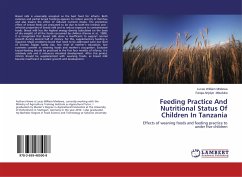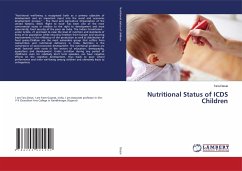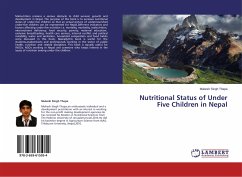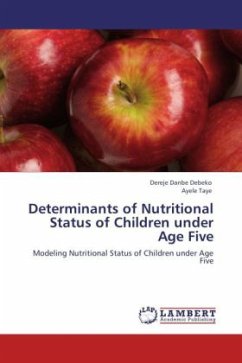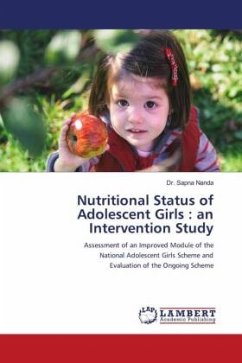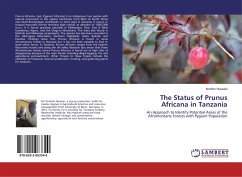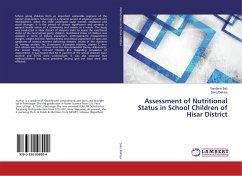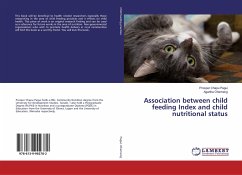Breast milk is universally accepted as the best food for infants. Both exclusive and partial breast feedings appears to reduce severity of diarrhea and also lessens the effect of reduced nutrient intake. The protective effect of breast feeds are presumed to be due to both the intrinsic anti - infective properties of breast milk and to reduce exposure to contaminated foods. Breast milk has the highest energy density (calculated on the basis of dry weight) of all the foods consumed by children (Karma et al., 1989). It is recognized that breast milk alone is insufficient to support normal growth during second half of infancy. For this, supplementary feeding is required. Major problems found that need to be addressed were low level of income, bigger family size, low level of mother's education, low nutrients content in weaning foods and mother's occupation. Exclusive breast-feeding should be practiced in the first four months of infancy. It is relatively safe and it enhances intestinal development. After this period, infants should be supplemented with weaning foods, as breast milk became insufficient to sustain growth and development.
Bitte wählen Sie Ihr Anliegen aus.
Rechnungen
Retourenschein anfordern
Bestellstatus
Storno

